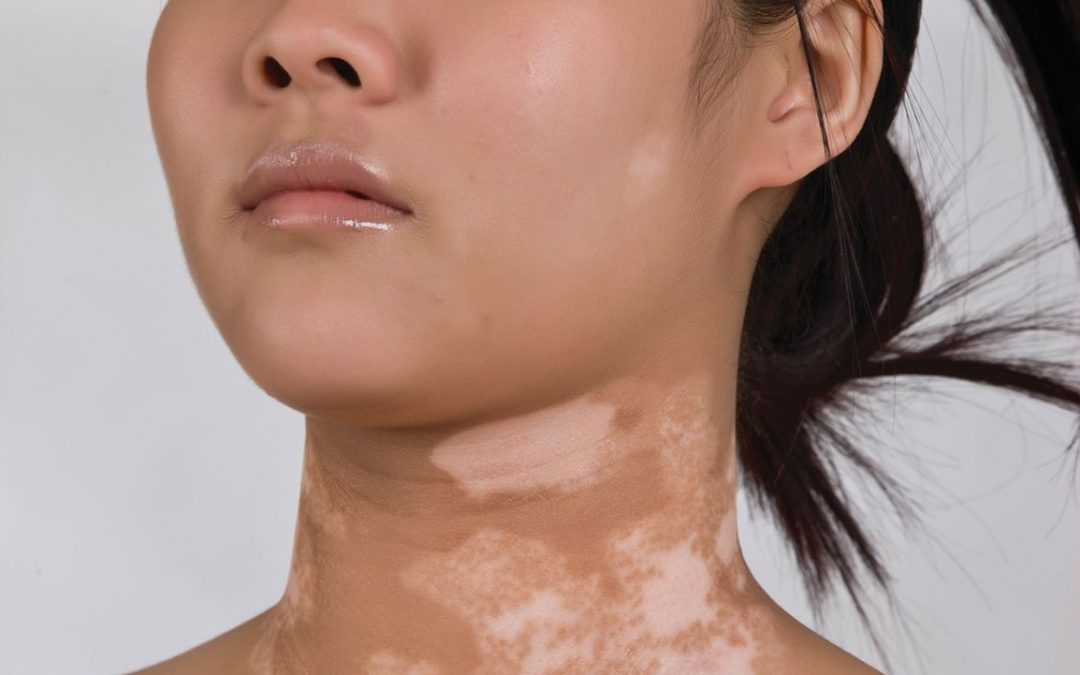Vitiligo and Stress: Vitiligo is a chronic skin condition that causes the loss of pigment cells, resulting in white patches on the skin. It can affect people of any age and race, and is thought to be caused by a combination of genetic and environmental factors. While the exact cause of vitiligo is not fully understood, it is known that stress can exacerbate the condition and trigger flare-ups.
What is Vitiligo?
The Connection Between Vitiligo and Stress
The relationship between stress and vitiligo is complex and not fully understood, but research suggests that stress can play a role in the development and progression of the condition. Stress activates the body’s fight or flight response, which can increase inflammation and weaken the immune system. These changes can trigger the autoimmune response that is thought to cause vitiligo.
Stress can also affect the way the body processes melanin, the pigment that gives colour to the skin, hair, and eyes. When the body is under stress, it may produce less melanin, leading to the appearance of white patches on the skin.
The Emotional Impact of Vitiligo and Stress
In addition to its physical effects, stress can also have a significant emotional impact on those living with vitiligo. The appearance of white patches on the skin can lead to low self-esteem and social isolation, which can further contribute to stress and anxiety.

Managing Stress and Vitiligo
So, what can be done to manage stress and vitiligo? Here are a few tips:
- Practice stress management techniques: This can include activities such as yoga, meditation, and deep breathing.
- Exercise regularly: Exercise has been shown to reduce stress and improve overall physical and mental health.
- Eat a healthy diet: A diet rich in fruits, vegetables, and other nutrients can help to reduce stress and improve overall health.
- Seek support: Support from friends, family, and support groups can be invaluable in managing the emotional impact of vitiligo.
- Consider talking to a mental health professional: A therapist or counsellor can help you to manage stress and other emotions related to living with vitiligo.
It is important to remember that everyone’s experience with vitiligo and stress is different, and what works for one person may not work for another. It may be helpful to try a combination of the above strategies to find what works best for you.
Living with Vitiligo and Stress
Living with vitiligo can be challenging, but with the right tools and support, it is possible to manage stress and improve overall quality of life. If you are struggling with vitiligo and stress, don’t hesitate to reach out for help.

Colour Derma can help conceal Vitiligo
Another option that a person can turn to, either by itself or in conjunction with treatments mentioned above, is camouflage makeup. While some may think that makeup is not a treatment, concealing vitiligo for a more natural appearance can go a long way to help remedy self-consciousness or help relive stress. The team at Colour Derma has many years of experience concealing all manner of skin conditions, including vitiligo. If you would like to discuss your options regarding your situation, we would be happy to help you decide what is the best camouflage make-up solution suits your specific needs. Contact us today.


Recent Comments